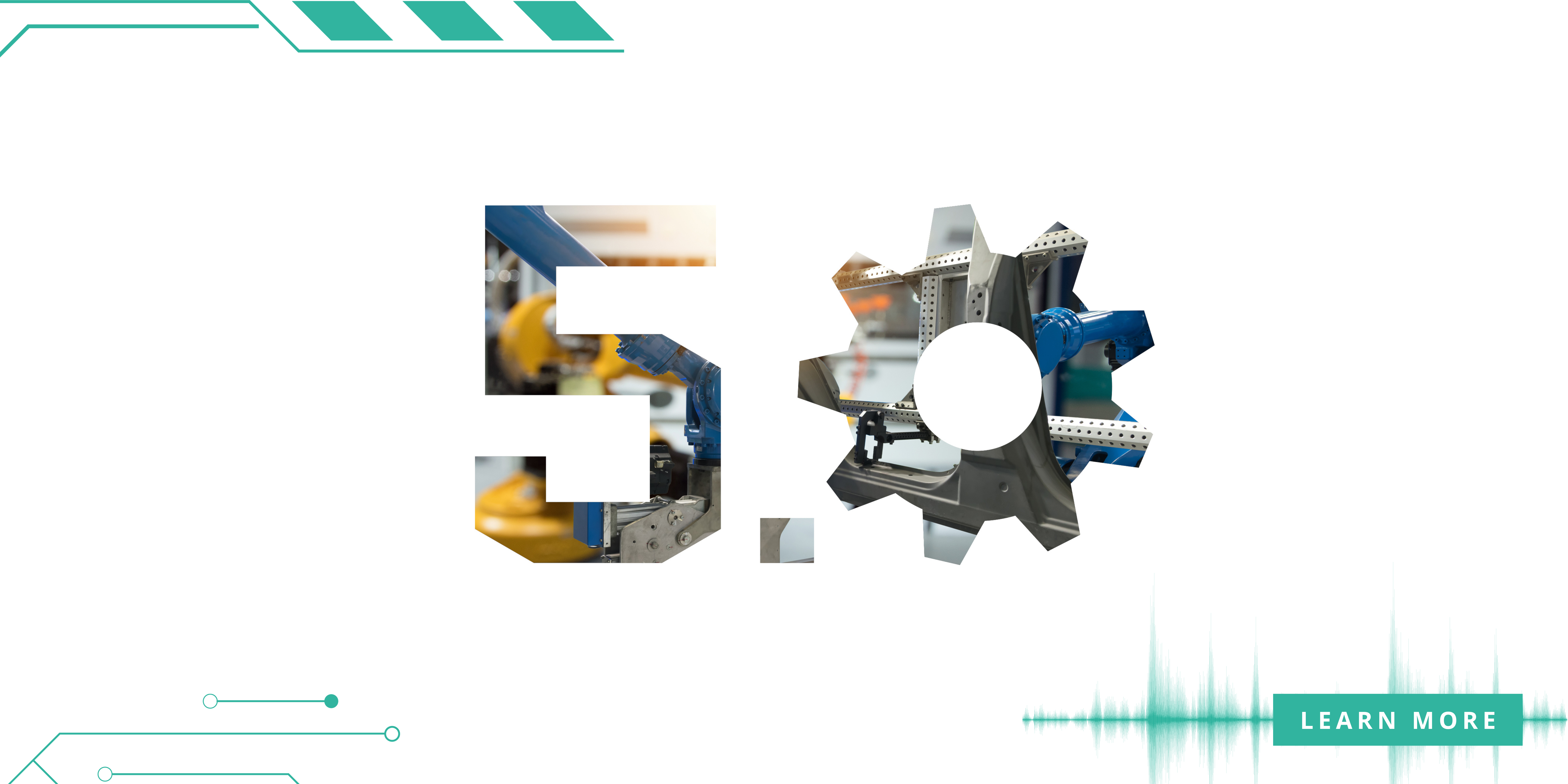The industrial revolution is a milestone in human history. In the process of transformation of the industrial production system, five stages can be distinguished today. The first, second and third stages emphasise the production process, the fourth introduces the digital element and the fifth the social element. In other words, in categorising the stages of industrial revolution, we have been shifting the focus from machines and their energy sources (1st to 3rd), to how the Internet and digital technologies and data allow machines to be operated intelligently (4th). And in the 5th Industrial revolution we shift our attention to people. From the human point of view, the development of the industrial system involves the transition from mass production originally aimed at mass consumption to, today, a race for intelligent production focused on the specific needs of users or groups with a very defined profile. Marketing has evolved from one-to-all to one-to-one. However, at its core, it is still an approach based on the logic of production and consumption. Is there another way of looking at it?
The European Commission has established three Industry 5.0 priorities: Human-Centricity, resilience and sustainability. What is the meaning of each of them?
The Human-Centricity provides the destination for all R&D&I efforts. What do science and technology system work for? What does the industrial production system work for? What are the consumer market and the welfare state for? In this sense, the Human-Centric approach introduces the condition that, throughout the value chain, the agents must not forget the final destination of their contribution. This approach invites the actors in the value chain to remember those that precede them, to think about those that succeed them and to try to imagine how the whole process ends until it reaches the market or society and satisfies the needs of people, the planet and society as a whole.
In short, the Industry and Society 5.0 narratives both promote a systemic and therefore complex and integrative approach. This change entails several challenges: shifting attitudes and values, the knowledge involved, strategies and ways of acting in a globalised world with diverging political and geostrategic interests, strongly dependent on media and social networks, and the difficult balance between economic and social forces. In addition, the impact of emerging technologies further amplifies the complexity of transitioning to Industry 5.0, as these technologies introduce rapid advancements that require ethical considerations to harness their full potential while ensuring responsible and sustainable integration.
The FORGING project lays in the middle of this crossroad: how can it contribute to the uptake of novel emerging technologies? FORGING develops a collaborative methodology to facilitate the transition from R&D to innovation, especially in the early stages where barriers are many and the transition is slower.
